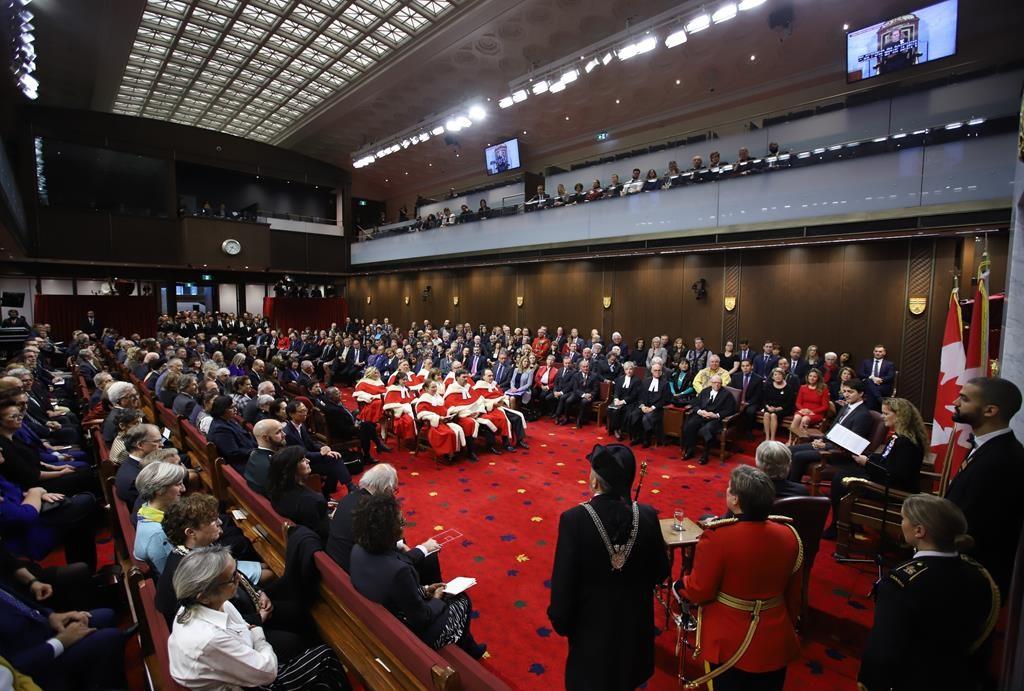OTTAWA—How the Liberal government intends to ride the second wave of the COVID-19 pandemic will become clear today as it lays out a three-pronged approach in a hotly-anticipated speech from the throne certain to set the tone for the coming months in Parliament.
In what’s expected to be an address lasting as long as an hour, Gov. Gen. Julie Payette will detail the government’s plans in three areas: dealing with the current surge in cases, continuing and changing support for Canadians and businesses still not back on their feet, and what will come once the economy is better able to stand on its own.





